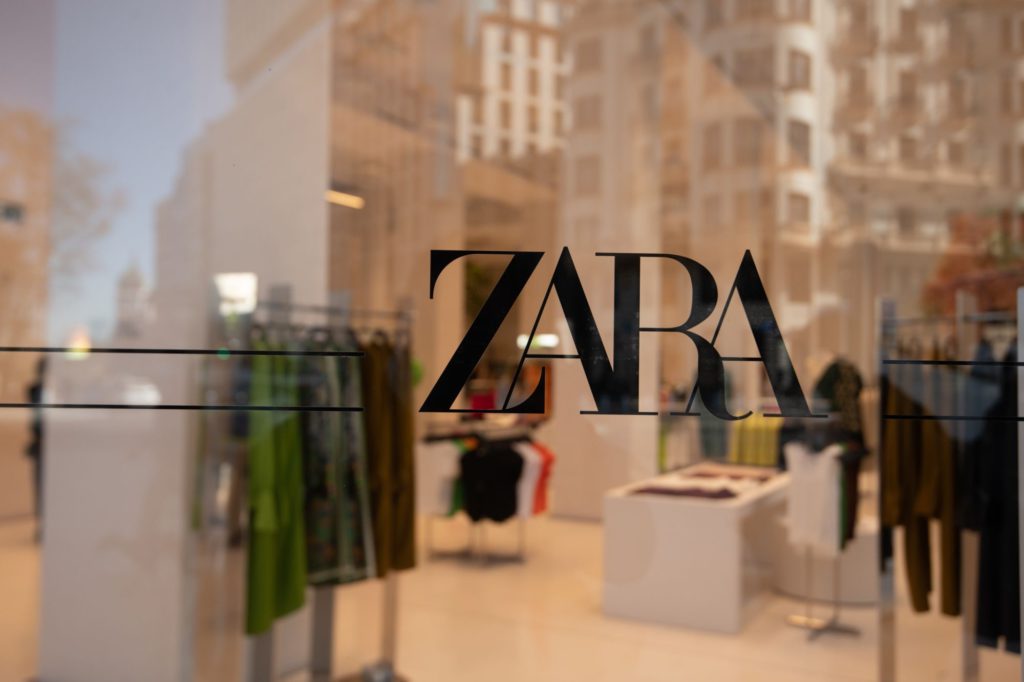(Bloomberg) — Inditex SA reported its highest profitability in a decade as the Zara owner offset inflation with tight cost control and kept attracting shoppers even as prices rose.
Operating income rose 82% in the three months through April, exceeding pre-pandemic levels, the company said Wednesday, and gross margin reached a 10-year record. The stock rose as much as 5.3% as of 1 p.m. in Madrid, the most intraday in three months.
Inditex is dealing with garment price inflation in part by buying more clothes from suppliers in Spain, Morocco and Turkey that give flexibility in order size. It’s shifting strategy by allowing inventory to rise 27%, which the company said is helps protect against supply-chain issues.
Marta Ortega, daughter of Inditex founder Amancio Ortega, became chairwoman of the company in April, and Oscar Garcia Maceiras became chief executive officer in November.
Last month, Gap Inc. lowered its full-year forecast and reported first-quarter profit that missed estimates due to operational missteps. While shares of the US retailer have dropped 40% this year, Inditex is down about half as much.
Inditex’s first-quarter sales rose 36% to 6.7 billion euros ($7.2 billion), exceeding analysts’ estimates. Tighter budgets may be leading some consumers to buy more fast-fashion and fewer high-end items. The company has also recently implemented fees for online returns, an incentive for consumers to bring goods back to brick-and-mortar stores, where they may be tempted to shop more.
Cash has continued piling up this quarter, jumping 28% to 9.1 billion euros compared to the same period last year. Dividends have increased accordingly over the years, but analysts suggested that it may be a good time to invest more in the business.
“For example, the US is Inditex’s second-largest market but with only 99 Zara stores present in the country and none of the other concepts represented,” said Societe Generale analyst Anne Critchlow.
Still, the world’s largest clothing retailer faces pressures on all sides. The company took a 216 million-euro provision for shutting operations in Russia and Ukraine, while many shops are still closed in China due to lockdowns. Inflation is also sapping consumer spending in almost every market.
Revenue rose 17% in constant currencies in the five weeks of this fiscal quarter, which is less than half the level of growth Inditex had in the full fiscal year through January. In the two weeks through June 5, growth decelerated even further to 13%.
Online sales dropped 6% in the three months through April after the retailer leaned on those operations to get through the pandemic.
Zara’s prices are at least 10% higher than last year’s levels since January, UBS said, based on data from the website in 12 markets. The company doesn’t plan any more significant changes to pricing, CEO Garcia Maceiras told analysts on a call. He said that the changes haven’t impacted sales volume. Compared to mass-market rivals, Zara has more pricing power because its offerings often imitate the latest high-end fashions.
Last year was an exceptionally good one with operating profit almost tripling, which will make for difficult comparisons in coming months.
(Updates with comments from conference call and analyst.)
More stories like this are available on bloomberg.com
©2022 Bloomberg L.P.











